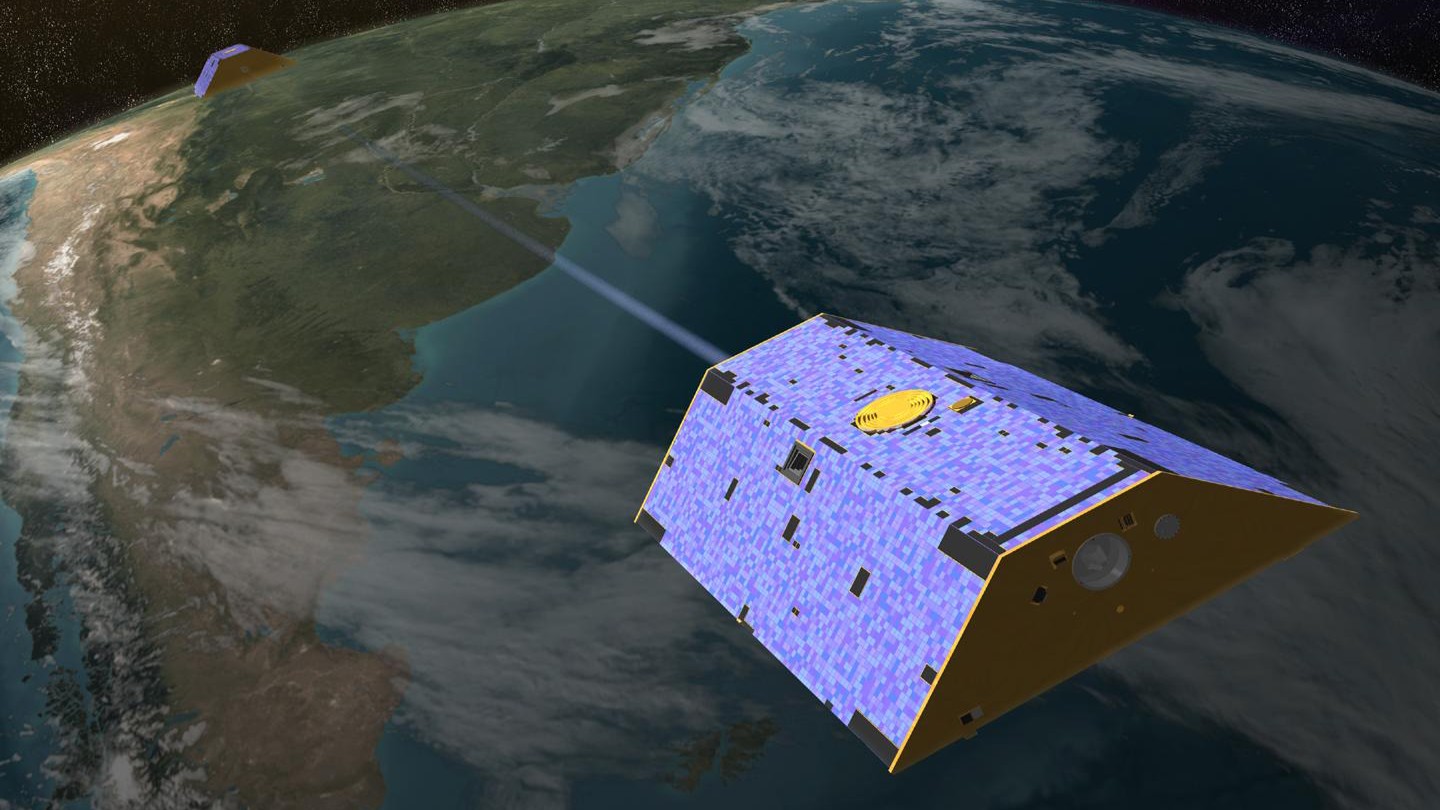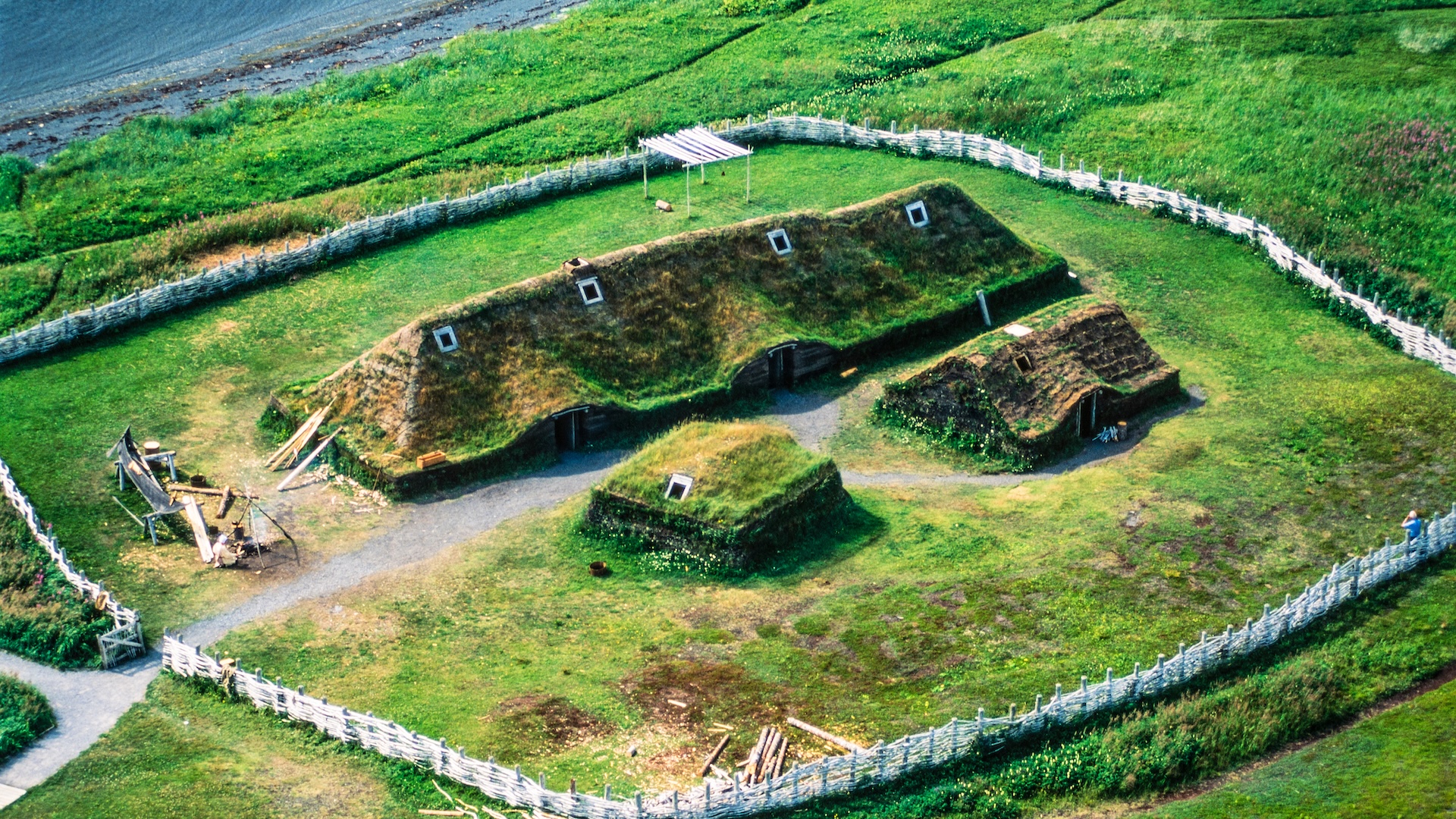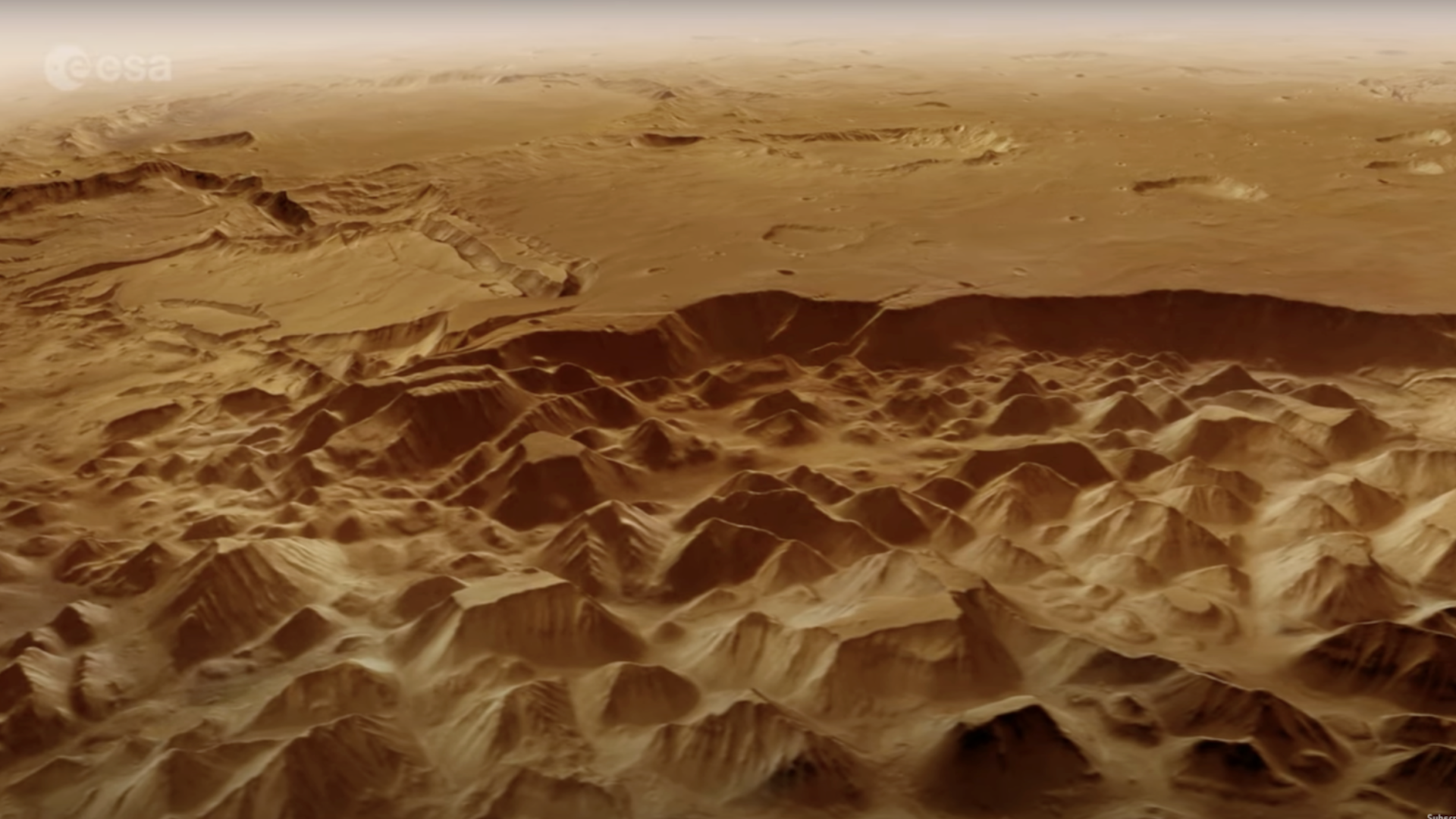This week’s science news was bursting with mind-blowing astronomical observations, led by new discoveries about the origins of the comet 3I/ATLAS.
The comet, an interstellar interloper from far beyond our solar system, was first spotted in late June. Now, scientists are finally closing in on its age and where it came from. They discovered it likely originated in the far corners of our galaxy and could even be a relic from its earliest beginnings — making it potentially billions of years older than the sun.
Strange gravity signal inside Earth

In 2007, a gravity anomaly appeared that was as long as the entire continent of Africa, occurring at the same time as a geomagnetic jerk in Earth’s gravitational field.
The strange anomaly’s signal and the jerk lasted for about two years, but it was 18 years before they were discovered inside data collected by satellites studying Earth’s gravitational field.
Scientists believe the cause was a previously unknown geological process somewhere near Earth’s core, likely the result of a rapid redistribution of mass in our planet’s deep mantle. Yet more research is needed before scientists can understand these hidden processes and their broader impacts.
Discover more planet earth news
—Scientists discover gold nanoparticles hidden in spruce tree needles
—The Red Sea experienced ‘one of the most extreme environmental events on Earth’ 6 million years ago
Life’s Little Mysteries

Christopher Columbus was far from the first person to encounter America — in fact, when it comes to popularly-attributed discoverers of the Western Hemisphere, he was among the last.
So who discovered it? Answering that question this week took us on a 23,000 year journey into humanity’s prehistoric past, from Native Americans to Vikings and Polynesian seafarers, long before Europeans arrived on the continent.
—If you enjoyed this, sign up for our Life’s Little Mysteries newsletter
AI designs new viruses

In more alarming news, we covered scientists developing an AI that built completely brand-new viruses. The viruses are bacteriophages, meaning they attack bacteria, not humans. The researchers took care to ensure their models couldn’t design pathogens capable of infecting people, animals or plants.
But if you’re still left with the lingering feeling that this is a preamble to an apocalyptic movie, there’s a risk it could be. The scientists who made the discovery tout it as having the potential to destroy antibiotic-resistant superbugs. But research elsewhere has found a number of holes and workarounds for AI models (or malevolent human actors using them) to create potentially catastrophic diseases.
Thankfully, current limitations means this threat isn’t immediate, but humanity’s adhoc approach to AI regulation means it could happen sooner than we think.
Discover more health news
—Diagnostic dilemma: A brain lesion gave a woman a lifetime of joyless laughing fits
Also in science news this week
—‘Harry Potter’ materials land three scientists Nobel Prize in chemistry
—New species of Jurassic ‘sword dragon’ could help solve an evolutionary mystery
Science long read

Wildfires, tornadoes, heatwaves and floods: Climate change is ushering in a new era of natural disasters. In our long read this week, we investigated the economic costs of extreme weather — with more than $100 billion in damages by June of 2025 alone — along with why scientists see the trend worsening.
Something for the weekend
If you’re looking for something a little longer to read over the weekend, here are some of the best book excerpts, opinions and science crosswords published this week.
—‘The Big One’ could be even worse than COVID-19. Here’s what epidemiologist Michael Osterholm says we can learn from past pandemics. [Book Excerpt]
Science in motion

Ever wanted to soar over an alien planet’s surface? A new animation released by the ESA of Mars this week lets you do just that. Based on data from the Mars Express spacecraft, the new video takes viewers on a stunning flight over the desiccated Red Planet — from its channels carved by ancient waterways, over eroded islands, and up to a spectacular view of a gigantic asteroid impact crater.
Want more science news? Follow our Live Science WhatsApp Channel for the latest discoveries as they happen. It’s the best way to get our expert reporting on the go, but if you don’t use WhatsApp we’re also on Facebook, X (formerly Twitter), Flipboard, Instagram, TikTok, Bluesky and LinkedIn.


